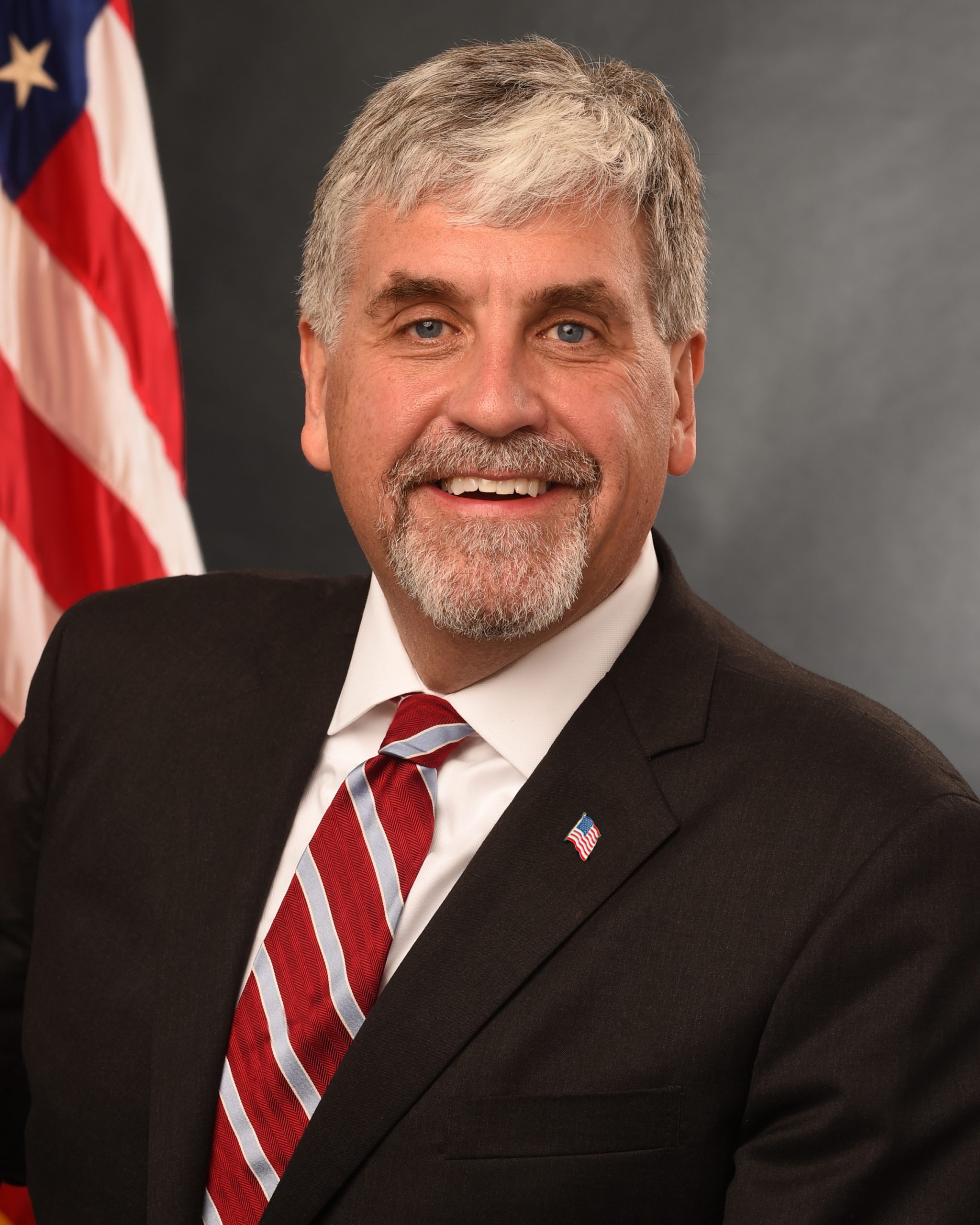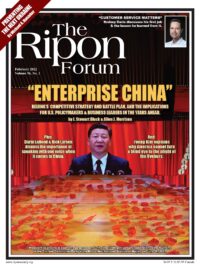
As we grapple with the continuing problems stemming from COVID-19 and the lockdowns, we must also face a wider issue: the failures of communication that have plagued the response.
Americans have lost trust in our public health officials – with the Centers for Disease Control and Prevention (CDC) taking the brunt of the nation’s anger. It’s understandable why Americans feel angry – the public health community at large has offered the public constantly changing information and advice on topics vital to Americans’ lives: getting back to normal, masking, boosters, quarantines, and social distancing. It’s been such an avalanche of confusion that the phrase ‘the CDC recommends’ has become an internet meme – a joke.
Public health experts must not exaggerate or over promise, but rather tell the truth and be transparent; admit mistakes and move forward.
This mockery bodes ill for America’s ability to best promote the future of medical progress, not just to react to health emergencies or pandemics, but also to advance innovations like telehealth and artificial intelligence and help lead to new modalities of care.
America’s health care future depends on robust public-private sector partnerships, like Operation Warp Speed, where government works with our nation’s innovators to find new cures and medical breakthroughs. A trusted public health community, and especially the CDC, is a prerequisite to such a future. However, the enduring lack of normalcy and the endless state of emergency continue to erode the American people’s trust in the public health community’s competence to get us through COVID or, indeed, do anything in the future.
The public health community can rebuild its reputation and gain back the trust of the American people, but it must recognize that its communication problems stem, partly, from the inherent democratization of information and knowledge-sharing. People can do their own research now, and they evaluate the data and recommendations in a far different way than they used to. The information revolution has transformed how Americans receive, understand, and trust the experts because the public has access to the same information. Therefore, public health experts must not exaggerate or over promise, but rather tell the truth and be transparent; admit mistakes and move forward. Operate like this—such as communicating how and why science evolves— so the American people will forgive mistakes and accept changes in policies and protocols. Simply, trust the American people and they will trust you back.
The best course of action is empathy and evidence over partisanship and intimidation.
Calls by individuals for censorship or the demonization of scientific or political opponents do not reflect confidence in their positions. We must recognize that democratization of information has led to widespread divergences of attitudes, beliefs, policies, and even factual predicates regarding the pandemic. It’s understandable that such divergence has produced anxiety among authorities. Daniel Patrick Moynihan put it best, “You are entitled to your opinion. But you are not entitled to your own facts.” And the authorities believe they are acting on facts, and in everyone’s best interests. However, often what the experts thought was ‘the science’ just 6 months earlier has shifted. These changes in scientific understanding happen all the time, but these changes in the facts and consensus should pull everyone toward humility. The best course of action is to rely on empathy and evidence over partisanship and intimidation.
The CDC and the public health community generally will recover their reputation and trust over time by returning to their true roles as scientists and doctors, and by exiting the political theater that they were pushed into by an unprecedented pandemic. Those who have entered into politics should drop it, leave the politics to the politicians and get back to even-handed, principled medicine and science. And as we enter into the process of learning (and in many cases re-learning) the lessons of the pandemic, we must understand that an information-savvy public will be watching and judging. This is not a bad thing, and it should elevate and inspire the public health community. If it does, it will recover trust and regain the useful and, indeed, necessary role it has occupied in Americans’ lives.
Eric D. Hargan served as the Deputy Secretary of the Department of Health and Human Services (HHS) from 2017 to 2021, as well as Acting Secretary in 2017-2018. He is the Founder and CEO of The Hargan Group.




